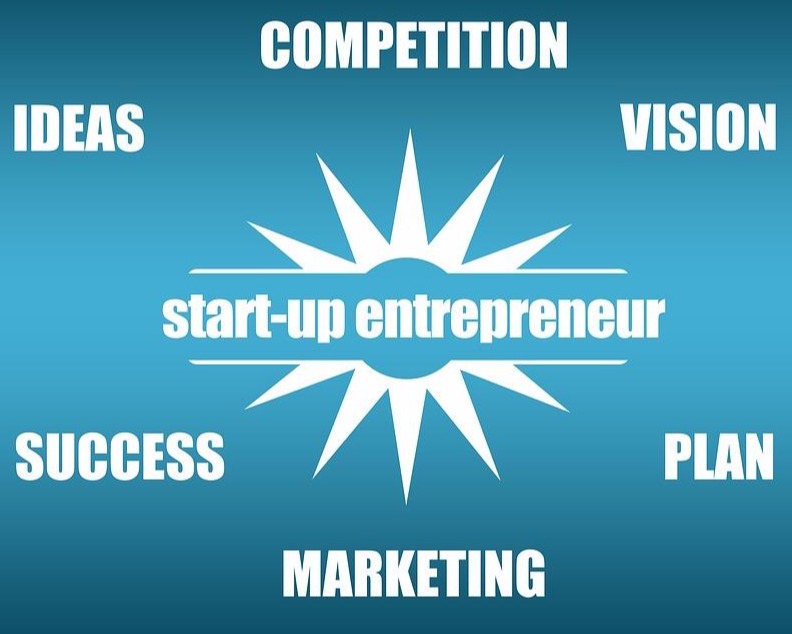One of the factors that determine the success of global market entry is the business strategy for localization. Especially, the localization work of content companies, which plays a big role in the language and culture of the country like video games, is an essential element for success.
The game localization company Altagram, born in Berlin, Germany in 2013, provides a one-stop solution to help global game companies settle in, including game translation, dubbing, localization evaluation, and localization marketing. Demand for AltaGram services continues to increase as global game success is dominated by localization as well as game quality.
Altagram, which is planning to enter the Asian market beyond Europe, is currently participating in the Kaystat Upper Grand Challenge 2017 with a domestic start-up accelerator venture port. The company plans to establish its position as a game localization solution company in the Korean market. We met with Camilla Belcaïd Le Flem, Managing Director of Altagram Asia and heard about Altagram's solutions and the Korean game market.
"Alta grams offer everything from simple text translation to graphics, audio, style, and marketing localization, all for game settlement. The more you focus on this localization, the higher the quality of the game and the more satisfied the players are.
Altagram has been localizing more than 3,500 games with large global game companies such as Blizzard, Supercell, and SEGA as well as Indy Games. Localization work will involve a team of AltaGram headquarters experts, 600 freelance translators, and more than 80 partner studios. "We run our own studios directly in Berlin and collaborate with our global partner studios to provide high-quality audio and dubbing services for each locale," Kamiya said.
Kamiya also mentioned Localization Quality Assurance and Localization Quality Evaluation as main services of Altagram. The local native language team performs language-focused localization such as texts and logos, and a team of experts and a local freelance tester, who is a team of experts, evaluate and evaluate the game's localization evaluation. Kamiya said, "Even if the game has already been localized, it can improve the quality of the game by evaluating the localization quality and culture level once more."
"Our client companies, SuperCell, Blizzard, and other large global companies are most concerned with the quality of their games. I also make great efforts to localize the game so that players feel like they are being respected in the game. So I think the game of these game companies can succeed. "
Altagram also takes transparency into service delivery. We have differentiated ourselves from other competitors by presenting transparently to customers how many people are involved and what kind of work they take when offering localization services.
If so, at what stage should game localization work? Kamiya advises that it is good to think about localization from the early stage of game development or from the middle stage. "Usually, we put all the resources into game development and hurry to localize a few weeks before launch," says Kamiya. "It's an unavoidable part of the game, but you should be careful because the quality of the game may deteriorate." said.
Kamiya is currently traveling to Korea and Germany to advance into the Korean market, and plans to announce the name of Altagram in Asian markets including Korea this year. In fact, Altagram has been participating in G-Star every year since its establishment in Korea, and has established a positive relationship with Korean game companies. "I participated in G-Star for the first time this year. I was really impressed by the Korean game market. The reason why Korea is so good is that it is open to technology and that you can watch games anywhere. The game environment is very good "
Kamiya pointed out that although the domestic game industry environment is better than any other country, the somewhat conservative attitude of domestic game companies is a factor preventing global success. Kamiya said, "Although Korean game companies make good games, they do not feel the need to advance into the global market." Of course, success in the domestic market is enough, but it is more conservative It seems to be a factor preventing the big growth, "he said.
Altagram hopes that this excellent Korean game will not only stay in Korea but will also stand out in the world through the solution of Altagram. Atagram has collaborated with domestic companies such as domestic game companies Kakao Game, NCsoft, 4:33, and next game to help them localize overseas.
Kamiya said, "We will establish a formal branch office in Korea this year and select additional Korean employees so that we can improve our business presence in Korea."

